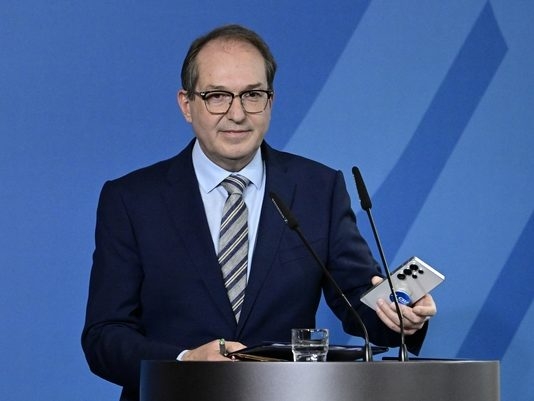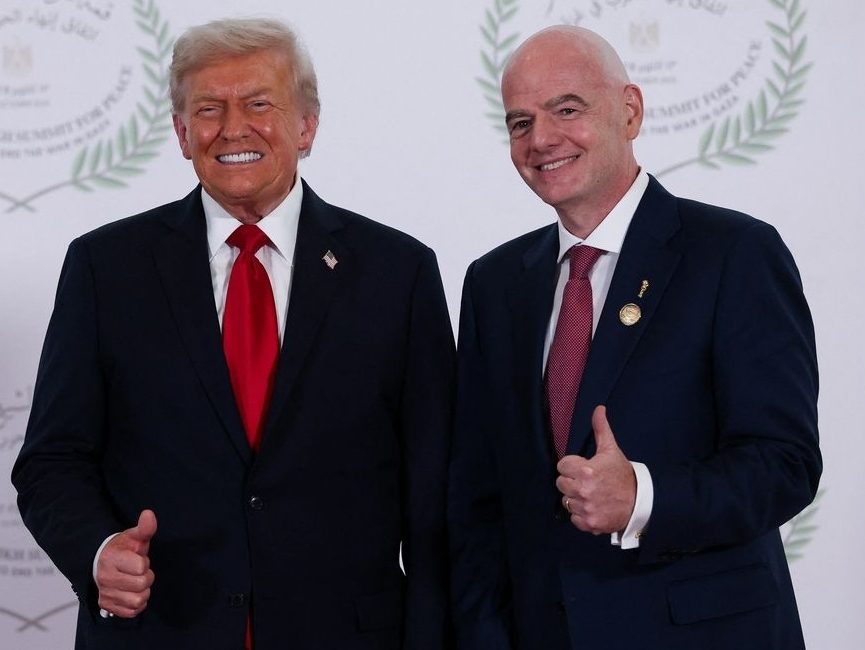A decisive action reverberated through Germany today as the government outlawed a Muslim organization, citing a fundamental breach of human rights and democratic principles. The ban against Muslim Interaktiv followed accusations of actively undermining the nation’s constitutional order, marking a significant escalation in the country’s response to extremist ideologies.
The Interior Ministry detailed a disturbing pattern of antisemitism and discrimination propagated by the banned group, specifically targeting women and sexual minorities. Officials asserted that Muslim Interaktiv didn’t simply advocate for a different viewpoint, but actively sought to replace Germany’s legal framework with Islamic law, prioritizing it in all aspects of life within the Muslim community.
Interior Minister Alexander Dobrindt delivered a stern warning, vowing to utilize the full extent of the law against those who promote hostility towards Israel, incite hatred, or deny fundamental rights to women and minorities. His statement underscored the government’s commitment to safeguarding its democratic foundations against internal threats.

The crackdown didn’t end with the ban. Simultaneous investigations were launched against two additional Muslim groups – Generation Islam and Reality Islam – signaling a broader effort to address potentially extremist elements within the country. Authorities moved swiftly, initiating searches across multiple locations.
Raids unfolded in Hamburg, Berlin, and the state of Hesse, with authorities meticulously searching seven and twelve premises respectively, connected to the groups under scrutiny. These operations aimed to gather evidence and dismantle any networks supporting the dissemination of harmful ideologies.
The government’s assessment of Muslim Interaktiv painted a picture of deliberate indoctrination, designed to cultivate lasting animosity towards the constitution and systematically erode the foundations of German democracy. The group allegedly aimed to create a permanent undercurrent of opposition to the established order.
By Wednesday morning, the online presence of Muslim Interaktiv had vanished, effectively silencing its digital platforms. Attempts to reach the organization for comment proved futile, leaving unanswered questions about its future activities and potential resurgence.
The ministry emphasized the group’s staunch opposition to gender equality and the freedom of sexual orientation, characterizing this stance as an intolerable level of intolerance. This incompatibility with core democratic values ultimately sealed the organization’s fate, demonstrating Germany’s firm stance against ideologies that threaten its societal fabric.





